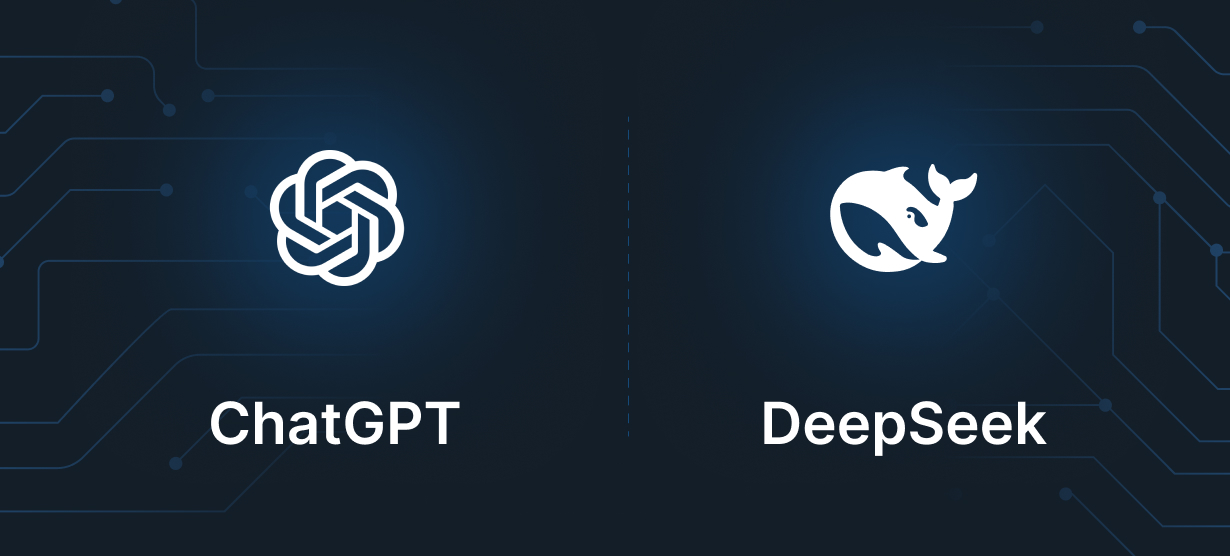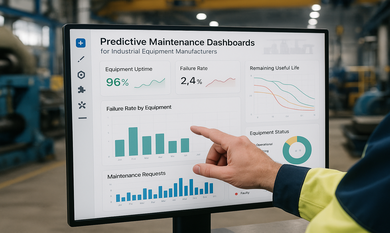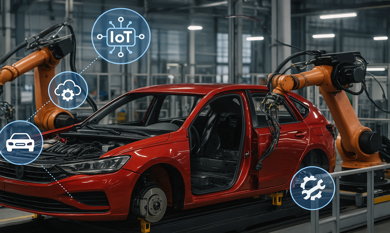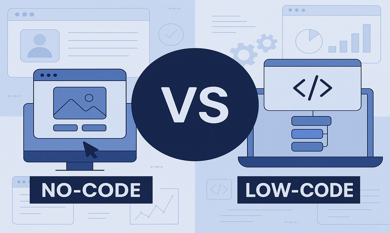As the logistics and automotive industries accelerate toward full automation, the role of artificial intelligence is becoming pivotal. Among the most impactful innovations is the integration of Large Language Models (LLMs) into autonomous vehicle (AV) parts distribution centers. These powerful AI models enhance communication, streamline operations, and introduce predictive intelligence into warehouse ecosystems.
With rising demand for tailored AI solutions, providers of LLM development services in Dallas and other tech hubs are helping distribution centers deploy intelligent systems that combine language comprehension with automation workflows.
Why LLMs Are a Game-Changer for Distribution Centers
AV distribution centers rely on robotics, sensors, and real-time data to move, track, and organize automotive parts efficiently. However, integrating this data into human-understandable decisions, actionable insights, and smooth workflows is where LLMs make the biggest impact.
By embedding LLMs into warehouse systems, companies gain a flexible decision-making engine that can interpret input from multiple sources—ERP systems, IoT devices, fleet trackers—and provide intelligent outputs instantly.
Forward-thinking businesses are already working with leading AI software development companies in Dallas to custom-build these capabilities into their logistics operations.
Key Applications of LLMs in AV Parts Warehouses

1. Smart Task Prioritization and Routing
LLMs analyze real-time order data, AV availability, traffic inside the warehouse, and delivery deadlines to dynamically assign tasks to autonomous vehicles. This improves order fulfillment speed and ensures critical parts are processed first.
With the support of LLM development services in Dallas, companies are building intelligent warehouse systems that can automatically shuffle work priorities with little to no manual oversight.
2. Predictive Maintenance and Incident Resolution
By scanning vehicle telemetry, LLMs can detect patterns that point to future breakdowns—whether it's a worn-out wheel motor or inconsistent pathing behavior. These models trigger alerts, schedule maintenance, and generate detailed diagnostic summaries.
This kind of predictive functionality, often developed by an AI software development company in Dallas, helps minimize downtime and reduces the need for human supervision.
3. Natural Language Interfaces for Staff
Warehouse teams can now interact with operations using plain language. Staff can ask, “Where is batch X4 stored?” or “Why is AV #9 idle?”—and receive instant, actionable answers.
These interfaces eliminate the learning curve associated with complex dashboards and empower workers to stay productive and informed.
4. Automated Documentation & Compliance Reporting
LLMs can auto-generate documents including packing lists, delivery reports, compliance summaries, and internal memos—pulling data directly from systems and formatting it in clear language. This streamlines back-office functions and reduces time spent on paperwork.
Benefits of LLM Integration in AV Distribution Centers
- Operational Efficiency: Reduce idle time and boost performance by automating task flow decisions.
- Error Prevention: Minimize human mistakes in inventory tracking and dispatching.
- Real-Time Responsiveness: LLMs process incoming data in milliseconds, reacting to changes instantly.
- Scalability: Easily expand operations without proportional increases in workforce or complexity.
- 24/7 Intelligence: LLMs operate round-the-clock, keeping systems informed, optimized, and updated.
Example in Action
In a smart parts distribution facility, autonomous mobile robots move components from storage to packaging zones. The LLM observes delays caused by route congestion and analyzes whether alternate pathways or AV reassignment could improve flow.
It detects a recurring issue with one AV’s sensor and informs the maintenance crew, rerouting other AVs in real time. At the same time, it notifies operations managers through a natural language message: “AV-07 rerouted due to navigation delay. Maintenance check scheduled at 14:30.”
Such AI-driven coordination is now possible thanks to partnerships with an experienced AI software development company in Dallas offering specialized LLM integration for logistics.
Conclusion
The integration of LLMs with autonomous vehicle technology is redefining how parts distribution centers operate—driving precision, speed, and real-time responsiveness. From inventory forecasting to intelligent routing and predictive diagnostics, LLMs are empowering facilities to run smarter and leaner.
If you're looking to embrace this transformation, Theta Technolabs can be your trusted technology partner. As a forward-looking AI software development company in Dallas, Theta offers comprehensive solutions across Web, Mobile, and Cloud—including tailored LLM development services in Dallas to automate and future-proof your logistics operations.
Ready to Bring AI-Powered Automation to Your Distribution Center?
Let’s talk about how Large Language Models can revolutionize your warehouse operations. Email us at sales@thetatechnolabs.com to get started today.






















_Choosing%20the%20Right%20App%20Development%20Company_%20A%20Comprehensive%20Guide_Q1_24.jpg)
_Chatbots%20for%20Event%20Management%20and%20Hospitality%20Services_Q1_24.jpg)
_Best%20iOS%20App%20Development%20Company_%20Enhancing%20User%20Engagement%20with%20Push%20Notifications_Q2_24.jpg)
_Key%20Trends%20in%20Healthcare%20Software%20Development%20for%20the%20Future_Q2_24.jpg)
_How%20much%20does%20it%20cost%20to%20create%20an%20android%20app%20in%202024%20for%20Startups_%20A%20detailed%20guide_Q2_24.jpg)
_Integrating%20Chatbots%20Into%20Your%20Application.jpg)


_Enhancing%20Driver%20Safety%20and%20Compliance%20with%20Web%20Apps%20in%20the%20Logistics%20Sector_Q3_24.jpg)
_Web%20Apps%20for%20Retail%20and%20eCommerce_%20Streamlining%20Operations%20and%20Reducing%20Costs_Q3_24.jpg)
_How%20AI%20is%20Enhancing%20Construction%20Site%20Surveillance%20and%20Security%20in%20Dallas_Q3_24-1.jpg)
_The%20Impact%20of%20Cross-Platform%20Apps%20on%20Real%20Estate%20Market%20Trends%20in%20Dallas_Q3_24-1.jpg)
_Streamlining%20Appointment%20Scheduling%20with%20Cloud%20Computing%20in%20Dallas%20Healthcare_Q4_25.jpg)
_How%20Cloud%20Solutions%20Are%20Enhancing%20Remote%20Patient%20Monitoring%20in%20Healthcare_Q4_25.jpg)































.png)












.png)

.png)
.png)
.png)
.png)


.png)
.png)
.png)

.png)






.png)
.png)

























